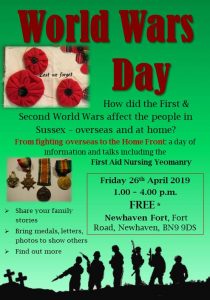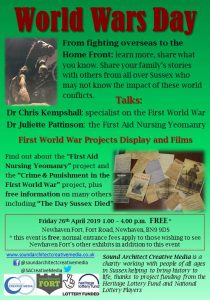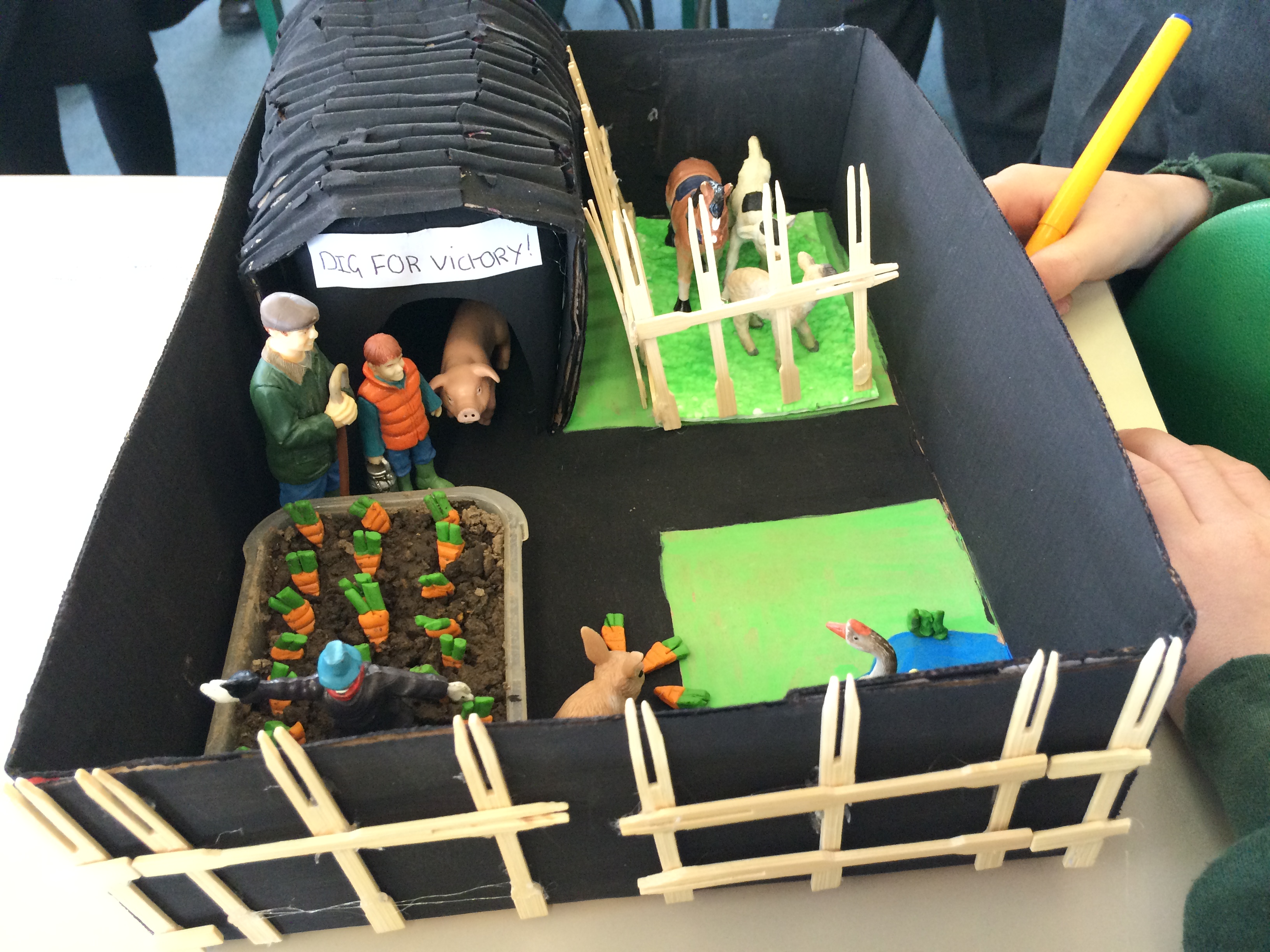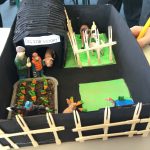We’re excited to tell you about our amazing first speaker: Dr Chris Kempshall, and his talk about East Sussex and the end of the First World War.
At 11am on 11 November 1918, the fighting stopped on the Western Front. The First World War had, after over four years of warfare, drawn to an end. Social pressures within Britain in the final years of the war were visible in the towns of East Sussex as food shortages and economic damage threatened to bring the country to its knees. In France and Belgium, British soldiers fighting alongside their allies were also brought to the brink of defeat before achieving a military victory that could scarcely be believed. When news of the armistice broke it was spread by mayors, town criers, and newspapers throughout East Sussex. How was this news received throughout the county? What was to come next? This talk by Dr Chris Kempshall will explore the lead-up to the final day of the conflict and examine both how and why the war ended when it did.
Dr Chris Kempshall is a Teaching Fellow in European History at the University of Sussex where he specialises in the First World War. He has also taught on war, conflict, and European history at the universities of Brighton, Kent, and Goldsmiths College, London.




